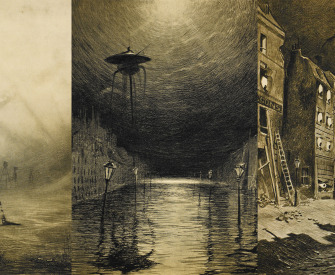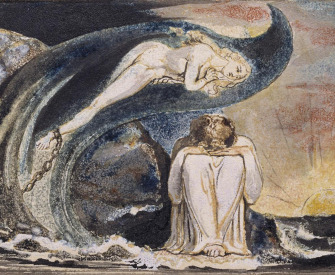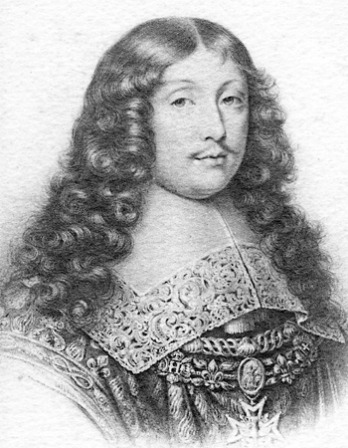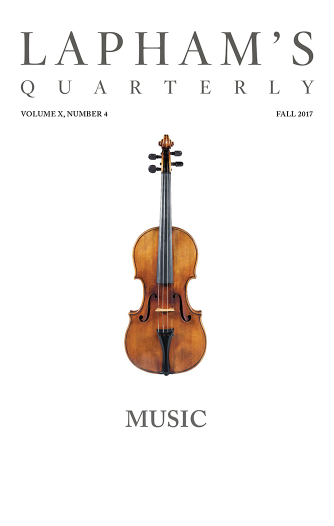Beautifully made in many ways
is this our world, cunningly adorned.
Marvelous is its motion, I saw this device
grind against the gravel, crying out as it went.
This marvelous thing had no sight nor feeling,
neither shoulders nor arms. One foot only
had this curious device to journey along on,
to move over the fields. It had many ribs,
its mouth was midway. Useful to mortals,
it bears abundance of food to the people,
brings them plenty, and pays to men
annual tribute that all enjoy,
the high and the lowly. Explain, if you can,
who are wise in words, what this thing may be.
I was in there where I saw something,
a thing of wood, wound a striving thing,
the moving beam—it received battle wounds,
deep injuries. Spears caused the hurts
of this thing, and the wood was fast bound
cunningly. One of its feet
was stable, fixed. The other worked busily,
played in the air, sometimes near the ground.
A tree was nearby that stood there hung
with bright leaves. I saw the leavings
of the arrow work brought to my lord
where heroes sat over their drinks.
I protect my hearth, my hoard, and my home,
surrounded by strands and filled within
with excellent treasures. Often by day
I spit abroad the terror of spears.
My success is the greater the more I am filled.
My master sees this, how darts fly from within me.
Sometimes I swallow the swart dark weapons,
the poisoned darts. My entrails are good,
precious to warriors, the hoard that I hold.
Many remember what goes through my mouth.
Three riddles from the Exeter Book. Proposed solutions for these riddles include a ship, wagon, or millstone; a loom or lathe; and a ballista or fortress. There are ninety-two other riddles contained in the Exeter Book, which was left to Exeter Cathedral by Bishop Leofric upon his death in 1072. It is the largest surviving collection of Old English poetry, containing the elegies “The Wanderer,” “The Seafarer,” and “The Ruin.”
Back to Issue




